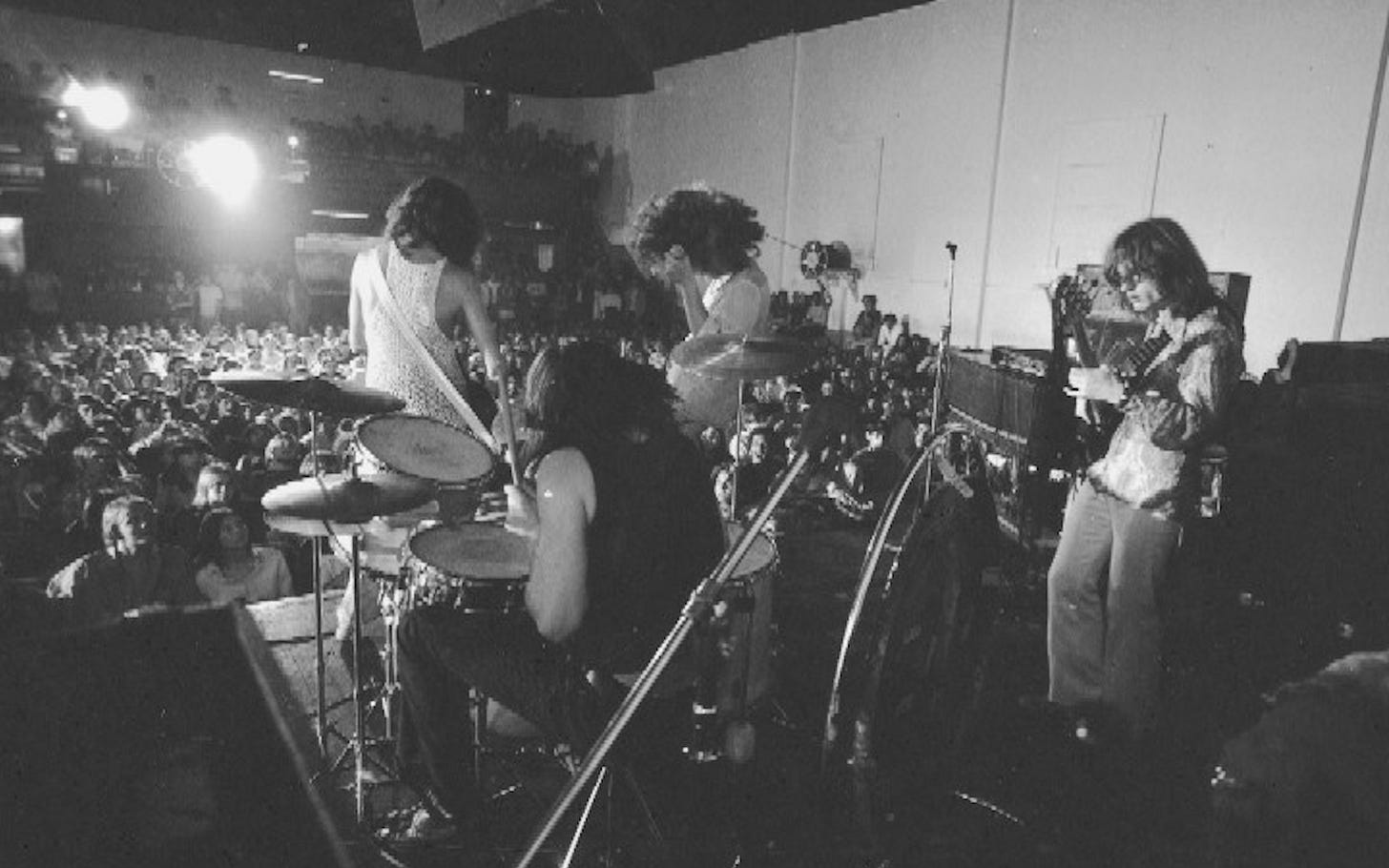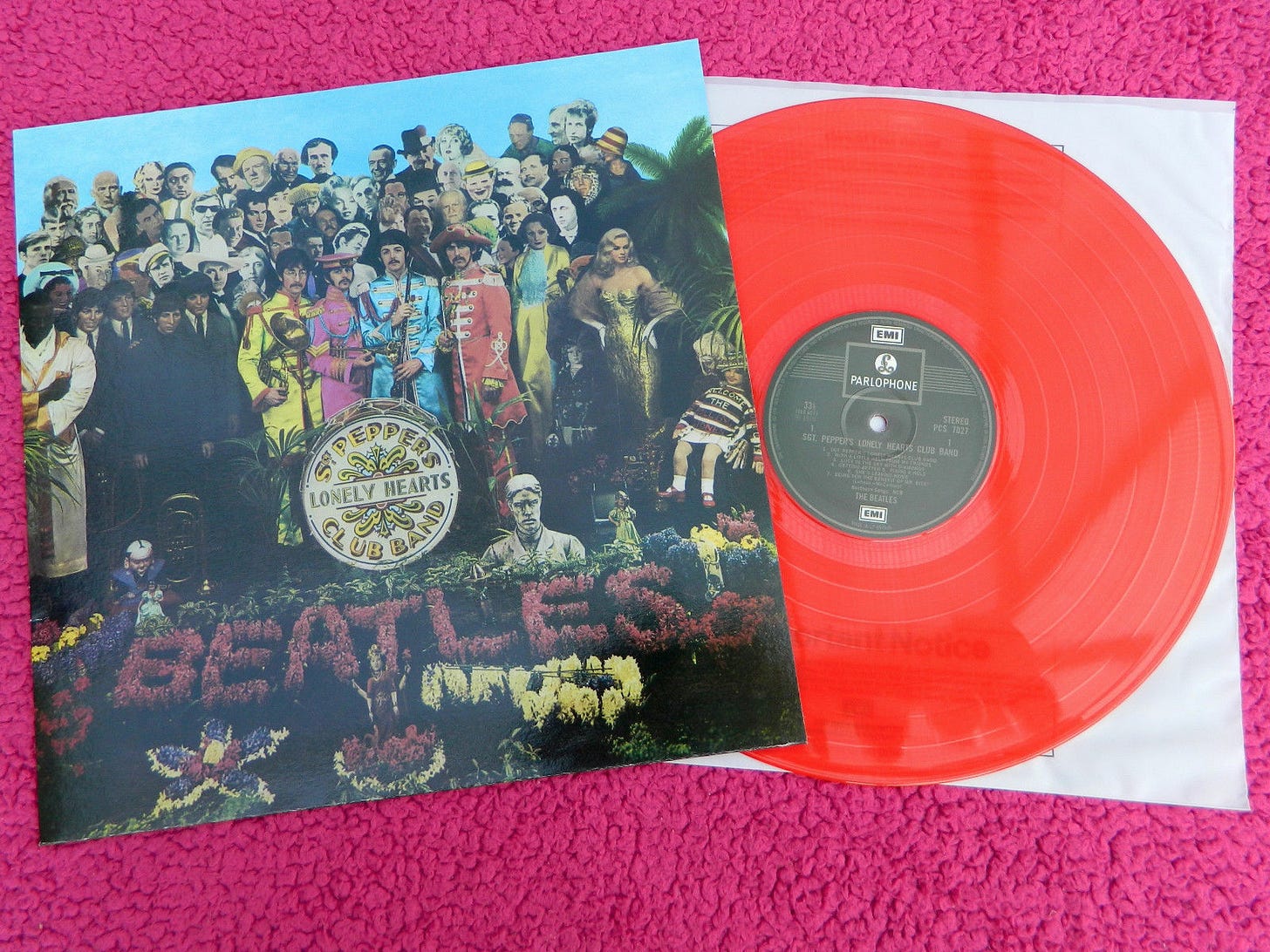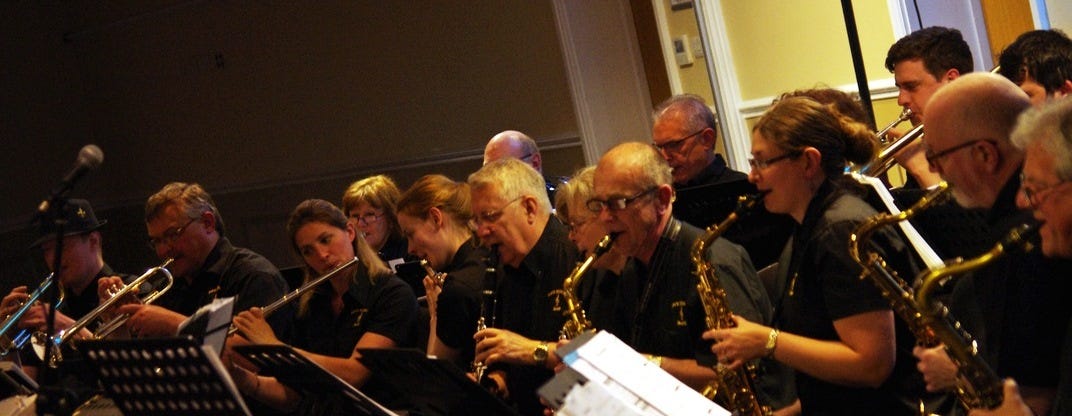A commentator that is most often on point, writer Alexander Hellene published another beautiful article full of considerations that will make you reflect a lot on the topic of modern music. I invite you who stumbled here to read it, since it touches many different sides of the matter, and since I only mean to add a few things to one particular aspect.
One of Alexander’s reflections revolves around the idea of the album, its death and how the latter made people stop being really able to enjoy music as a conscious work of art, rather than a repetition of fancy notes which we use as white noise while we’re doing something else. Though I am not really hip to the whole discourse about consumerism, in absence of a better concept we could conclude that indeed music ended up being destroyed by it: songs are as valuable as peanuts now, just a snack for parties or happy hours. Certainly, our dysfunctional economy is partly to blame, but our impact on it will always be small. The cultural causes can be traced as well as addressed with relative ease, and we can try changing it one little effort at a time.
Now, what I mean to add is that the album is not a starting point nor a constant in the history of music. I do not doubt you already know, and better than me, but it is important to remember this for the sake of my argument. The album is the crowning of centuries of cultural elaboration, whose aim was to make music as an art reach a status that the written word has had since the Classical period, and that the visual art got during the Renaissance. Music has been a fleeting performance for most of human history, but cultural elaboration (ie: transcriptions, the pentagram, etc.) and recording and mixing technologies finally gave two possibilities: to offer a tangible object which in some way contained the artistic product, the music, in it; and to have a document corresponding the author’s intent, that could be reworked and polished and curated during the whole steps of production. Now, musicians got full control on their own creations. No wonder that then we got concept albums, or that also the full package (cover, booklet, disc, etc.) started to be seriously taken into consideration. Music had reached a higher status.
This idea of the album as an achievement of our culture is criminally underrated. We certainly had recognized geniuses and maestros among musicians before, people whose fame could break out of the bounds of their actual public, but it was not until the album became a thing that musicians could shine this bright among their listeners all around the world. Musicians became stars for this reason. But what supported this never-seen-before ascent? Not only the economic growth of the post-war era, although it was certainly an important factor. The glory of these people was supported by entire scenes of musicians. How many more people played music in the 60s compared to now, and in spite of any hardship, and how many more played live in front of even the smallest crowd? So many more.
I have a friend whose hobby is to write here and there about music; he often makes small trips all around the country (Italy) to listen to concerts and review them. He was able to confirm that which I hoped was just my limited perspective, since we both live in an area where the cultural production is low: there is a desolating scarcity of live music everywhere. And though I think not all Western countries lack live music as much as mine, I do not think I am exaggerating when I say that, maybe with the exception of Nordic countries and some American states, in the West music is not played live as much as it should be. There could be much more music everywhere, just consider how much of it there was back in the 60s.
My reasoning here is not too far from the one I made in Out of the community. You will never have media again if you do not realize that the survival of all artistic expressions is on your hands, both as a consumer and a producer of entertainment goods. A larger crowd that takes part to the scene, even on an amateur level, by listening music and playing music, is essential if you want a complete and artistically conscious product like the album to be big once again. Alexander even invites us to learn again how to enjoy an album from the start to the end, by focusing solely on it, without doing a second activity in the meantime. And you should do that, in absence of all the rest. But the thing is that active listening comes before the album, because it was this that raised the musicians able to make an album in the first place, and it raised an audience able to enjoy all its flavors, as well.
So by all means, learn again how to enjoy music. But please, PLEASE, play it as well, and do not care about what others will think, because they have nothing to compare you to anyway. In a musical wasteland, even two simple chords played in time will create the magic.





